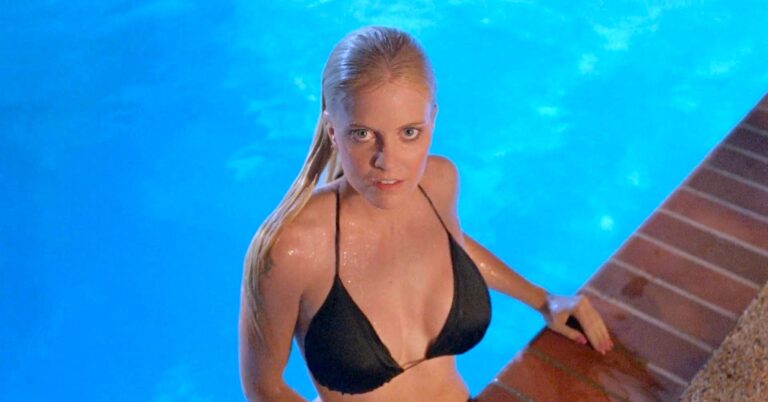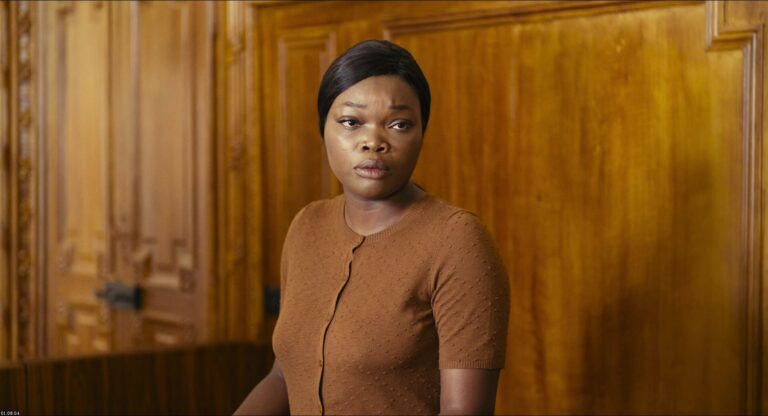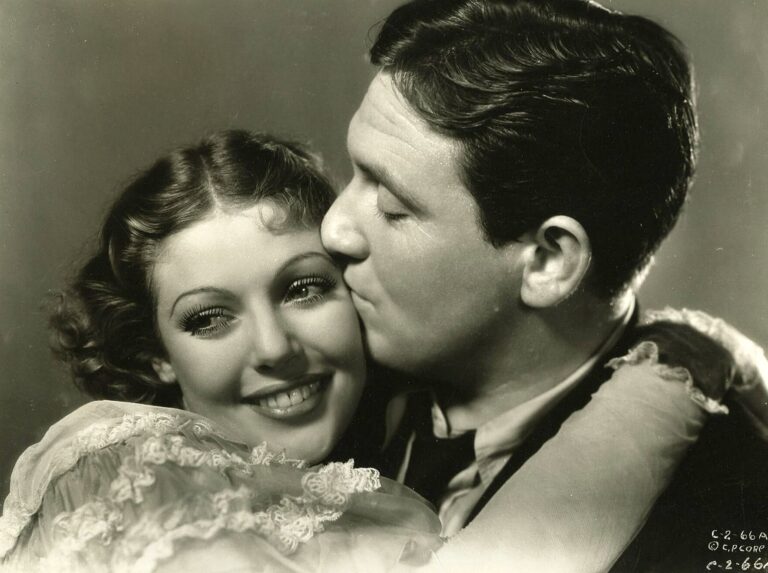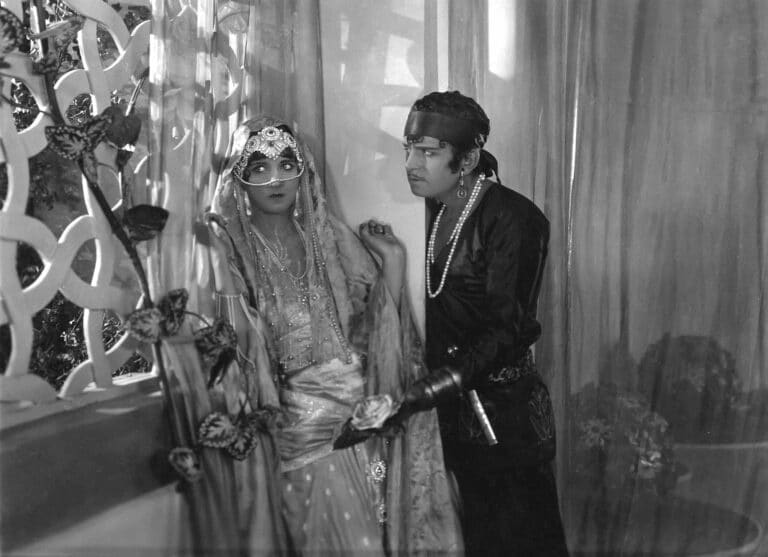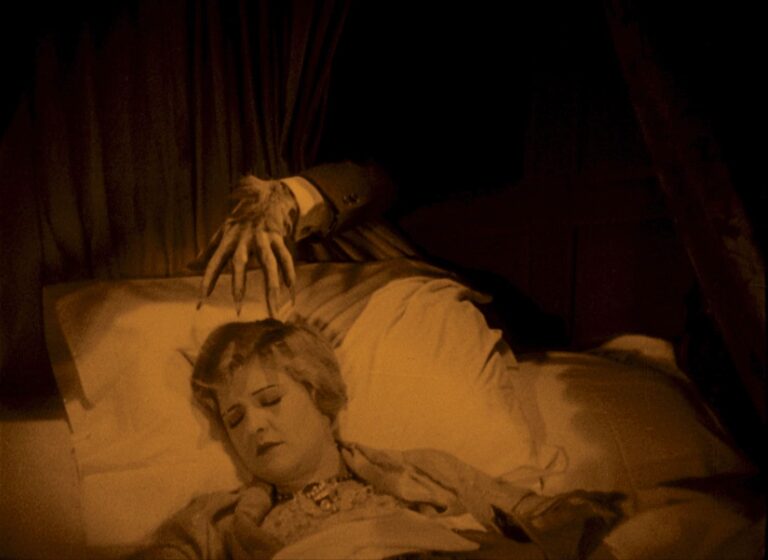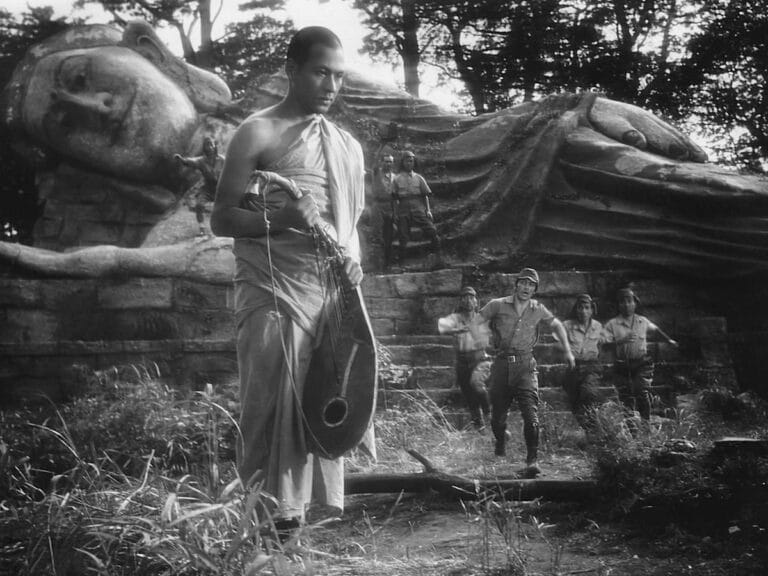When Evil Lurks
Two spooked brothers head out into the night with guns. In the woods they find a corpse. Half a corpse, in fact. They examine it closely and discuss in practical tones what might have cut a man in two. A jaguar, one of them suggests, possibly wishfully. Too clean, says the other. And on they press, to a farmhouse in the middle of nowhere, where it turns out that the bisected man had an appointment to kill Uriel, a pus-filled human being grown vast on cankers and sores. Pedro (Ezequiel Rodríguez) and his brother Jimi (Demián Salomón) know exactly what this means. The brilliant thing about the Argentinian horror movie When Evil Lurks … Read more

